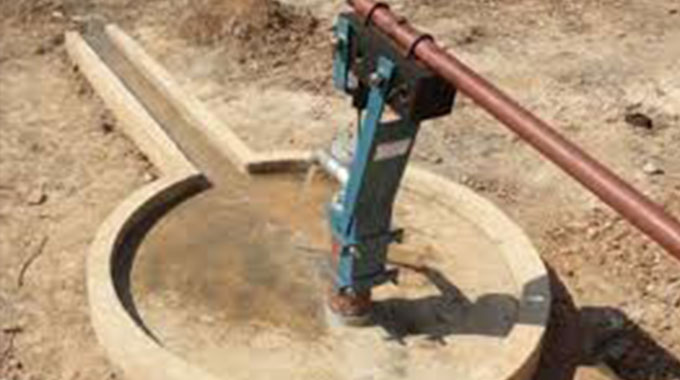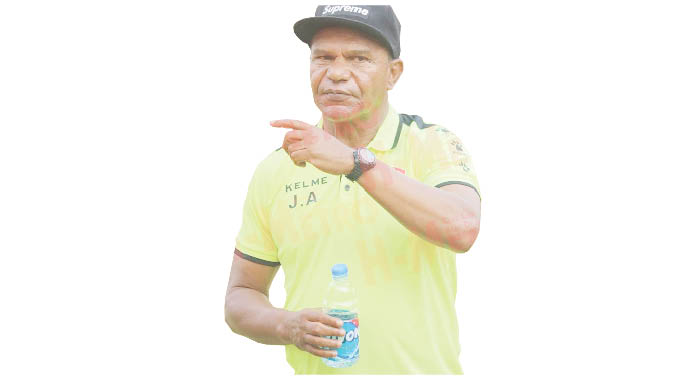Letters to the Editor: Shortage of electricity and water makes women’s lives unbearable

Walter Mswazie in Masvingo
Mrs Thokozile Mpala (44) is a housewife who lives in Mucheke suburb in Masvingo.
Daily she is caught in between preparing her children’s breakfast before they go to school and fetching water from a distant borehole. She wakes up at around 3AM to get the scarce but precious liquid. She however, has to contend with long, winding queues of other residents, mostly women and girls, stampeding for water.
It is never a stroll in the park at the borehole as its water level sometimes drops so residents have to wait for some time for it to rise and be pumpable.
In addition to the water shortage, Mrs Mpala and other Masvingo residents have to grapple with incessant power cuts, a situation that has made electricity use rare for them. Given this situation, Mrs Mpala also makes sure that she makes a fire before proceeding to the borehole.
Her husband Peter does not help with household chores, leaving her with the heavy burden of ensuring the home runs smoothly. This includes the provision of warm water for him to bath before he goes to work as well as preparing breakfast for the children. He has a truck but rarely helps with fetching water or firewood.
After breakfast, Mr Mpala drives his two children to school but their mother has to walk some four kilometers to pick them up in the afternoon.
Her experiences resonate with those of many women in Zimbabwe as water and electricity have become scarce in urban areas.
Masvingo Mayor Councilor Collen Maboke said water shedding is a result of the incessant power cuts which have not spared the city’s waterworks.
“Once the power is cut at Bushmead, our main water plant, our pumps will not be able to pump. Women and girls are the most affected by the shortage of water and power,” said Clr Maboke.
“The challenge we have is that we are not exempted from incessant power cuts. Once the power supply is cut, no water can be pumped at our waterworks. If there is no power, there will also be no water,” he said.
Gender disparities on access to water become evident in the early years of a woman’s life.
According to the United Nations Development Programme (UNDP) in most African countries, girls between 10 and 14 years spend about 120 million more hours each day fetching water and doing other household chores.
In most Sub-Saharan Africa countries, it takes long hours to fetch water and this shortens the time girls have for school. Globally, women and girls spend 200 million hours queueing for or fetching water yet such time could be spent on income-generating projects thus contributing to their countries’ Gross Domestic Products (GDPs).
In Asia, it is estimated that poor access to clean water causes annual economic losses of up to seven percent of the GDP.
For example, in India it has been discovered that the time women spend every year fetching and carrying water is equivalent to a national loss of income of 10 billion rupees or US$160 million.
This shows that water crises adversely affect women thus brings about gender imbalances among communities, especially poor ones.
In Zimbabwe where urban councils have failed to provide clean running water, the burden to provide it is on women and girls.
Due to African culture, which is often criticised for being unfair on the fairer sex, women are preoccupied with cooking, laundry and taking care of the children —chores which some men shy away from as they consider them to be feminine.
Community Working Group on Health (CWGH) provincial chairperson Mrs Entrance Takaidza said the water crisis in Masvingo was leaving women at risk of being physically abused during the search for the precious liquid.
“I have witnessed a young girl’s breasts being forcibly touched by a man at a borehole in Mucheke. Cases of rape have also arisen but the victims do not normally gather the guts to report, as some of them are adult and married women,” said Mrs Takaidza.
“Some girls are raped by the man who would have helped them fetch water. One was abused after being assisted to jump a queue at a borehole.”
Ministry of Women Affairs, Community, Small and Medium Enterprises Development provincial officer Mr Joseph Mupinga said women were worst affected by the water and power cuts than their male counterparts.
He said water cuts violate a right to access to clean and sufficient water as enshrined in Section 77 (a) of the Constitution, Amendment No 20. This section guarantees the right to clean and potable water.
“Women and girls do most of the unpaid care work through caring for the terminally ill. They are also subjected to menstrual cycles and all that needs water which is however scarce,” said Mr Mupinga.
He however, urged women to be innovative and store water in tanks for use when the taps are dry.
“Most women bear the brunt of energy poverty as they are seen climbing mountains in search for firewood as well as queeuing for water in Masvingo. This shows women or girls do not rest when key utilities are scarce,” he said. — @walterbmswazie2











Comments